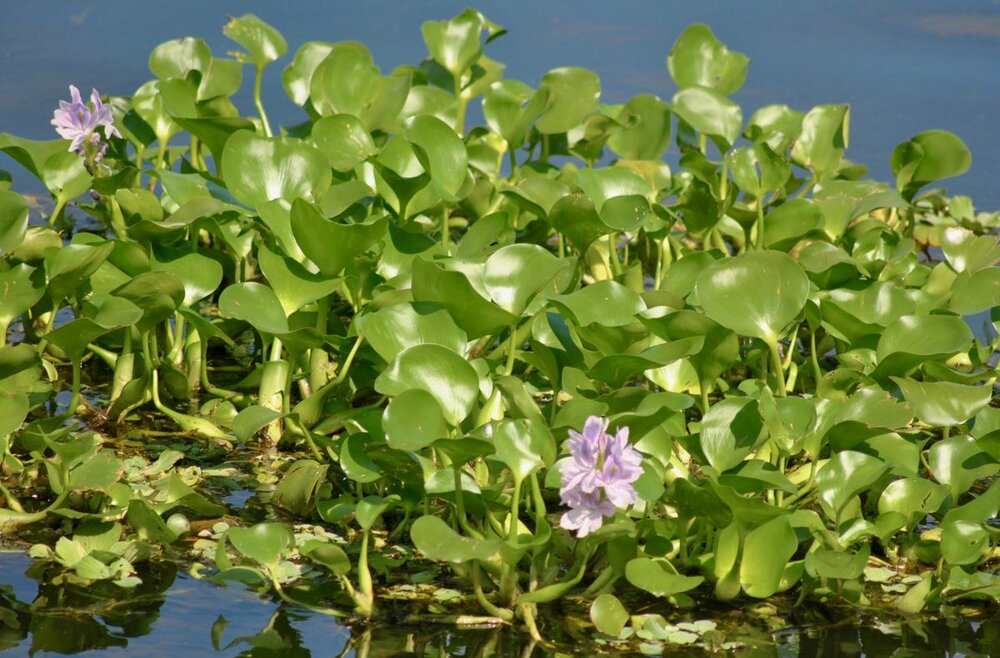Common water hyacinth venders sell carcinogenic

TEHRAN —Eichhornia crassipes, commonly known as common water hyacinth, which is being sold by vendors on the streets are carcinogenic plant species and their trade must be banned.
Eichhornia crassipes is an aquatic plant native to the Amazon basin, and is often a highly problematic invasive species outside its native range.
Water hyacinth is a free-floating perennial aquatic plant (or hydrophyte) native to tropical and sub-tropical South America. With broad, thick, glossy, ovate leaves, water hyacinth may rise above the surface of the water as much as 1 meter in height.
The roots of eichhornia crassipes naturally absorb pollutants, including lead, mercury, and strontium-90, as well as some organic compounds believed to be carcinogenic, in concentrations 10,000 times that in the surrounding water.
Despite various warnings issued by Iran’s Department of Environment still the plant is being sold at a very low price on the streets especially in the capital, ISNA news agency reported on Friday.
Commander of Tehran province environment protection unit, Mohammad Reza Khishtandar told ISNA that enviornmtal bodies can legally ban purchase of rare plant and animal species but there are no laws on banning the purchase of invasive species.
However, he noted, the invasive plant species which has adverse effects on public health must not be distributed and agriculture ministry should stop eichhornia crassipes trade in no time soon.
Department of Environment strongly recommends not purchasing and introducing eichhornia crassipes to aquatic ecosystems, he highlighted.
He also suggested establishment of a working group comprising representatives from ministries of health and agriculture as well as Department of Environment to practically fight the spread of the invasive species.
An invasive species
Water hyacinth has been widely introduced in North America, Europe, Asia, Australia, Africa and New Zealand. In many areas it has become an important and pernicious invasive species.
In New Zealand it is listed on the National Pest Plant Accord which prevents it from being propagated, distributed or sold. In large water areas such as Louisiana, the Kerala Backwaters in India, Tonlé Sap in Cambodia and Lake Victoria it has become a serious pest. The common water hyacinth has become an invasive plant species on Lake Victoria in Africa after it was introduced into the area in the 1980s.
When not controlled, water hyacinth will cover lakes and ponds entirely; this dramatically affects water flow and blocks sunlight from reaching native aquatic plants which often die. The decay processes depletes dissolved oxygen in the water, often killing fish (or turtles). The plants also create a prime habitat for mosquitos, the classic vectors of disease, and a species of snail known to host a parasitic flatworm which causes schistosomiasis (snail fever).
MQ/MG
